Well-made wares: Fatto-Bene curates a selection of everyday Italian objects
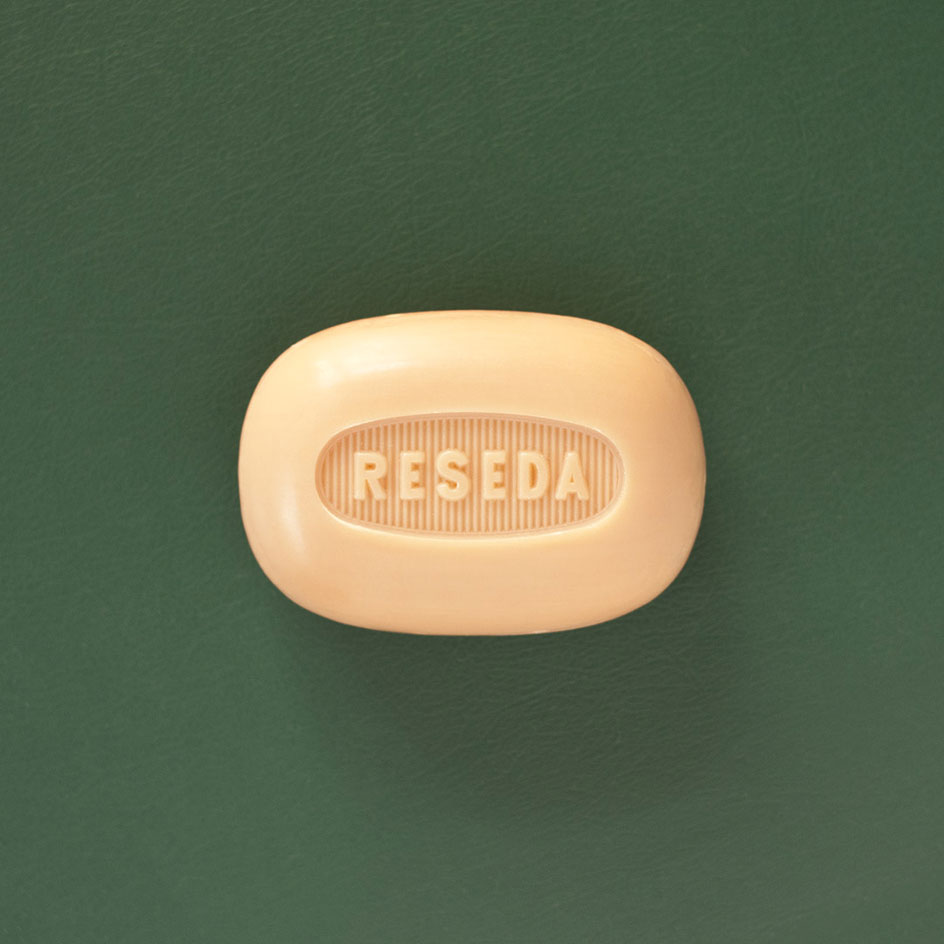
Newly launched Italian e-shop Fatto-Bene (literally translated as 'well made') bills itself as ‘a heaven for the object-obsessed’, and is built like an archive of everyday life items that most Italians know and love. The selection includes childhood staples and regional favorites, exemplifying superb craftsmanship, design ingenuity and longstanding traditions.
The venture was launched by journalist Anna Lagorio and photographer Alex Carnevali, who traveled throughout their native country to discover a wealth of traditional objects and products that together make up a visual history of local customs, traditions and gestures. ‘We started collecting everyday items during a holiday in Basilicata and Calabria,’ explain the couple. ‘In Italy we are surrounded by objects with a long history: here, even if you buy a soap, you have the possibility to choose between something ordinary and something special, like an original art deco one.’
Many traditional manufacturers, explain the pair, have hit rough times due to the recent financial crisis, so Fatto-Bene aims at gathering their exceptional products to celebrate them and promote their excellence. ‘We want to create a new awareness of our material culture: these items owe their longevity to their quality, which is outstanding,’ say Lagorio and Carevali. Their packaging is also a work of art, they add, which is an added bonus.
To pay tribute to these objects (which range from soaps and grooming products to games like the legendary Crystal Ball or Modiano playing cards), the duo has enlisted Milan-based studio Actant Visuelle, who through a clean-cut design and stunning imagery has given a contemporary dimension to the ever-growing collection.
Fatto-Bene's online retail space also acts as a kind of micro-encyclopaedia: as well as a detailed description of each piece, the site also suggests further reading that expand on the origins and techniques behind each item. These companies, explain the two founders, ‘were strong enough to survive two world wars, but now they are disappearing. We want to invert this process.’
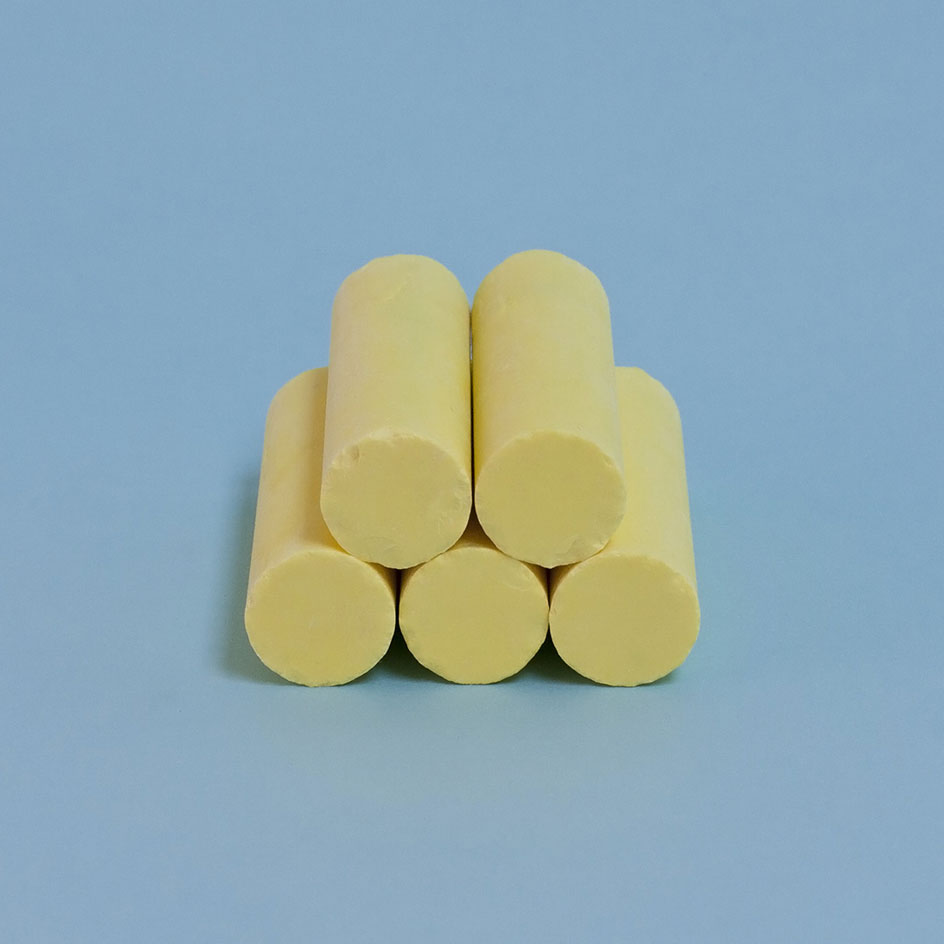
The selection includes childhood staples and regional favorites, exemplifying superb craftsmanship, design ingenuity and longstanding traditions. Pictured: sulfur sticks landed in Italy during the 19th century through trade routes between Genoa and South America. According to some sources, the website explains, the Genoese sailors discovered these 'golden cylinders' and brought them back to Italy for their therapeutic powers
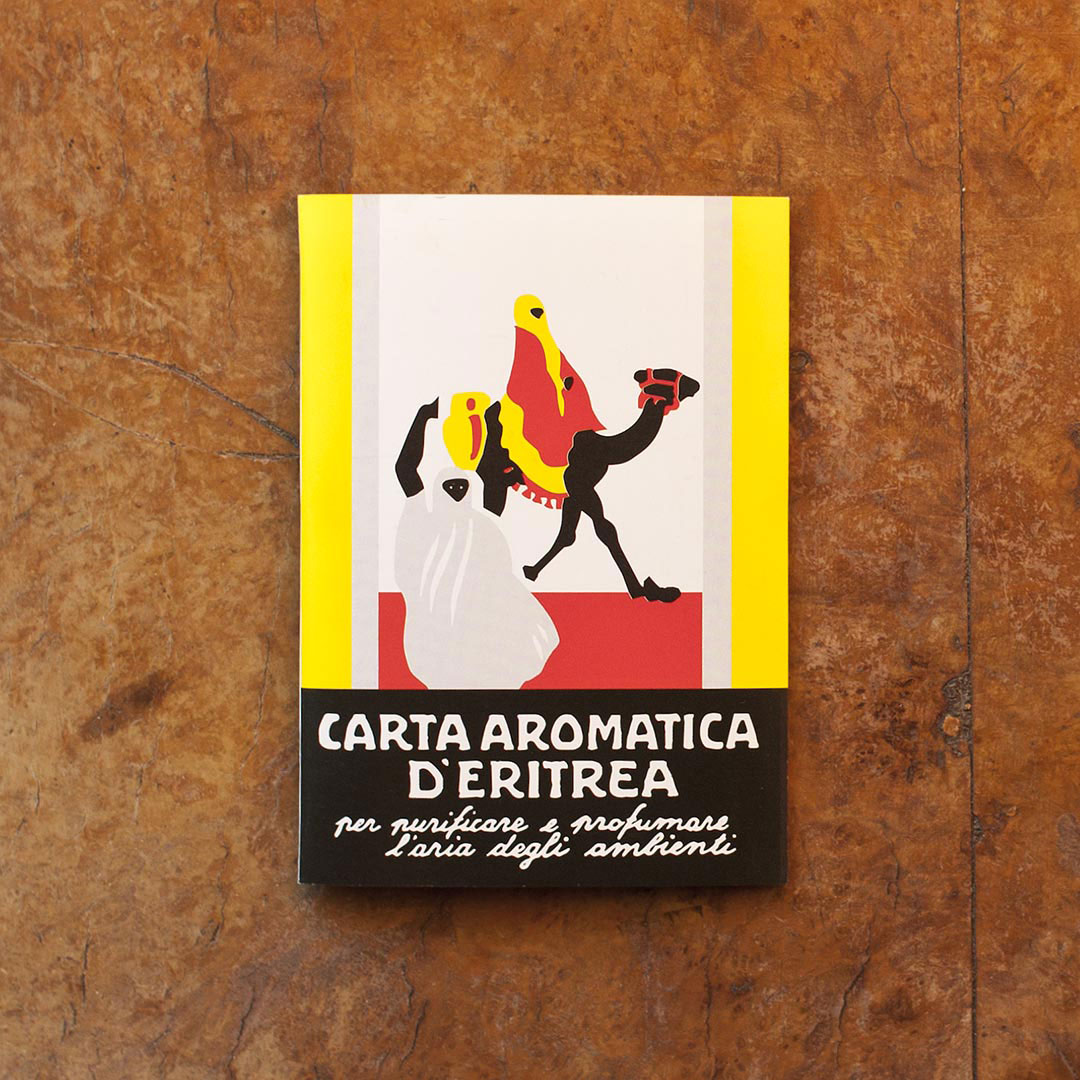
Carta Aromatica D'Eritrea ('Eritrean Scented Paper') has been produced in Piacenza since 1927. Alongside the product, the website offers the story of Vittoriano Casanova, a pharmacist who spent time in Eritrea and Somalia, where he studied the purification systems of African palaces and hospitals. He brrought back with him extracts, musks and resins unknown in Italy, experimentig with more than 30 essences, grinding them in a mortar and leaving them to steep in pure alcohol for weeks to create his scented paper. 'The booklet contains 24 strips ready for burning, or to be used in linen closets, in cars or any place that would benefit from a whiff of fragrant wooden notes,' the site explains
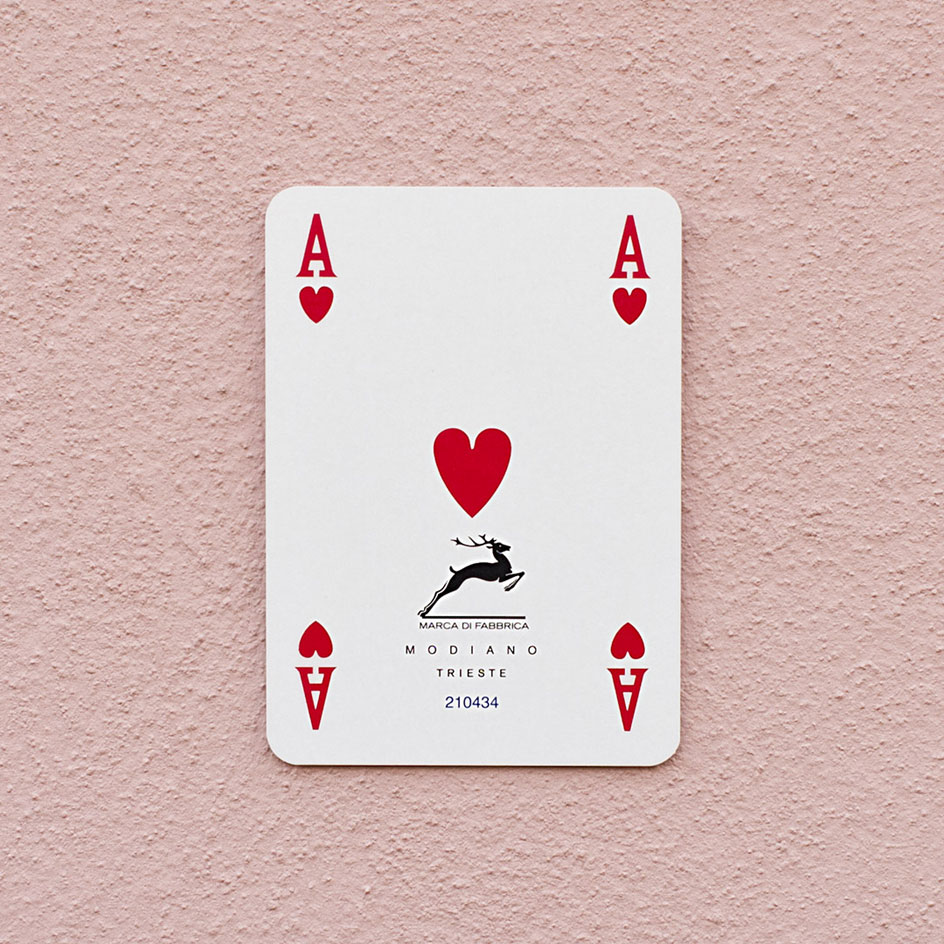
The laminated playing cards from Modiano have been produced in Trieste, in the northeast of Italy, since 1884 and are still widely used throughout the country and abroad.
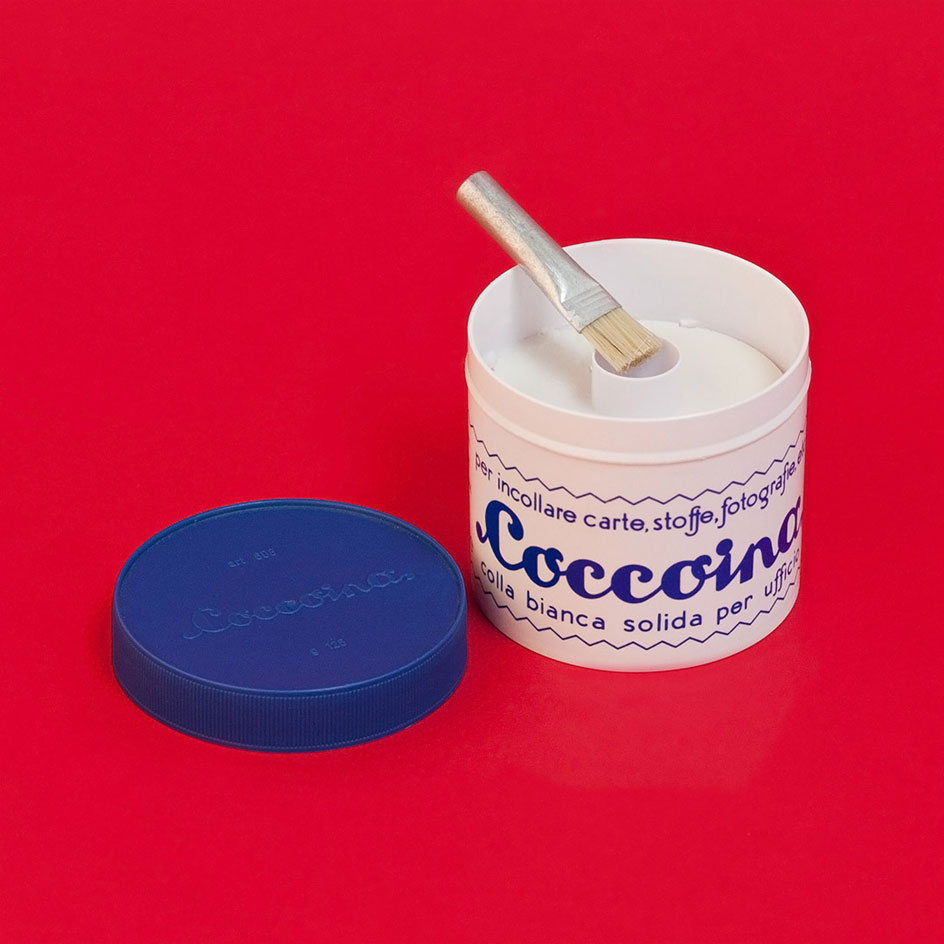
Produced in Pavia since 1927, Coccoina is a glue inspired by the French custom of selling glue in a glass jar, almond-scented and usable for fabric, paper and photographic works.
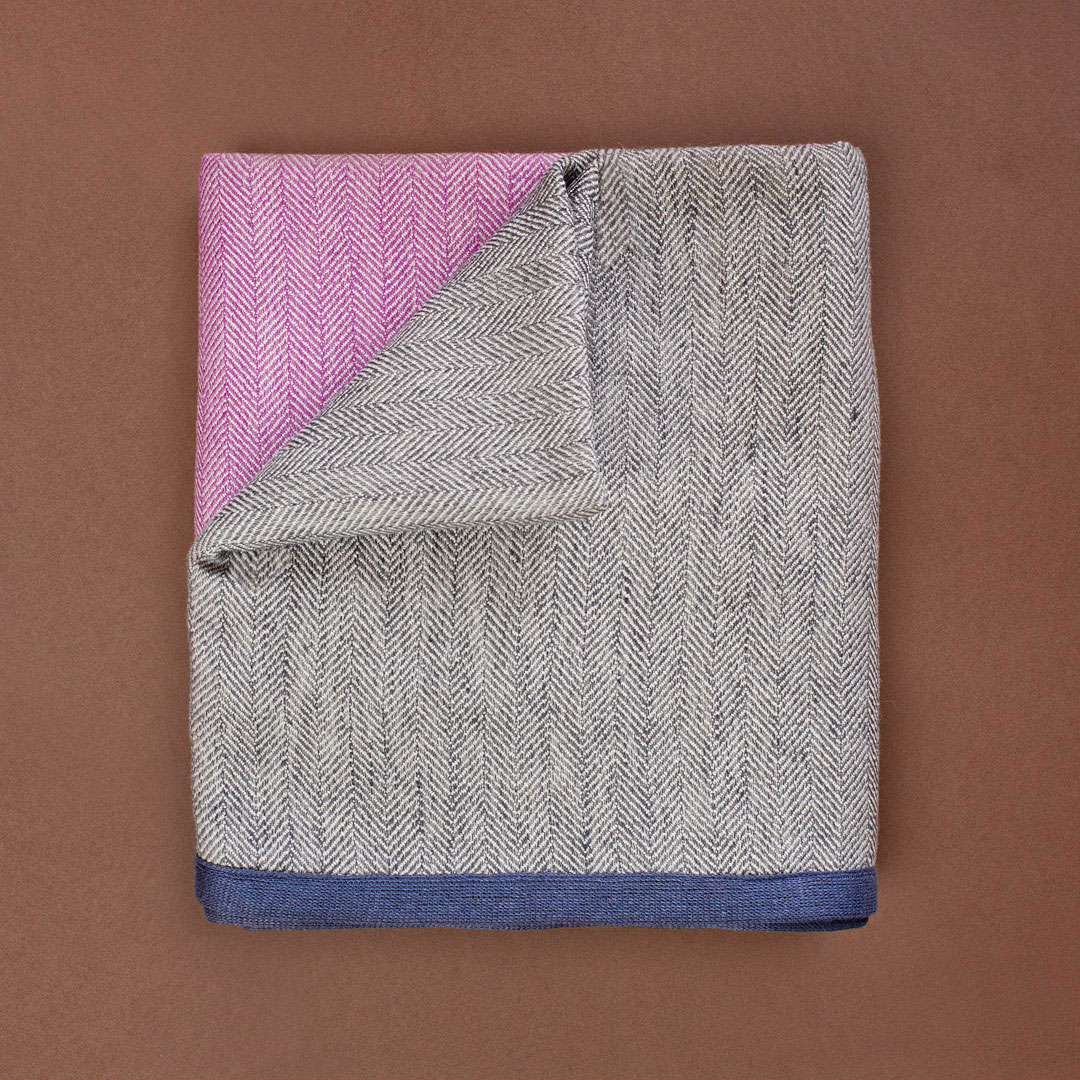
The Leo wool blanket is the product of a small mill in Catanzaro, in the south of Italy, and has been produced with the same methods since 1873.
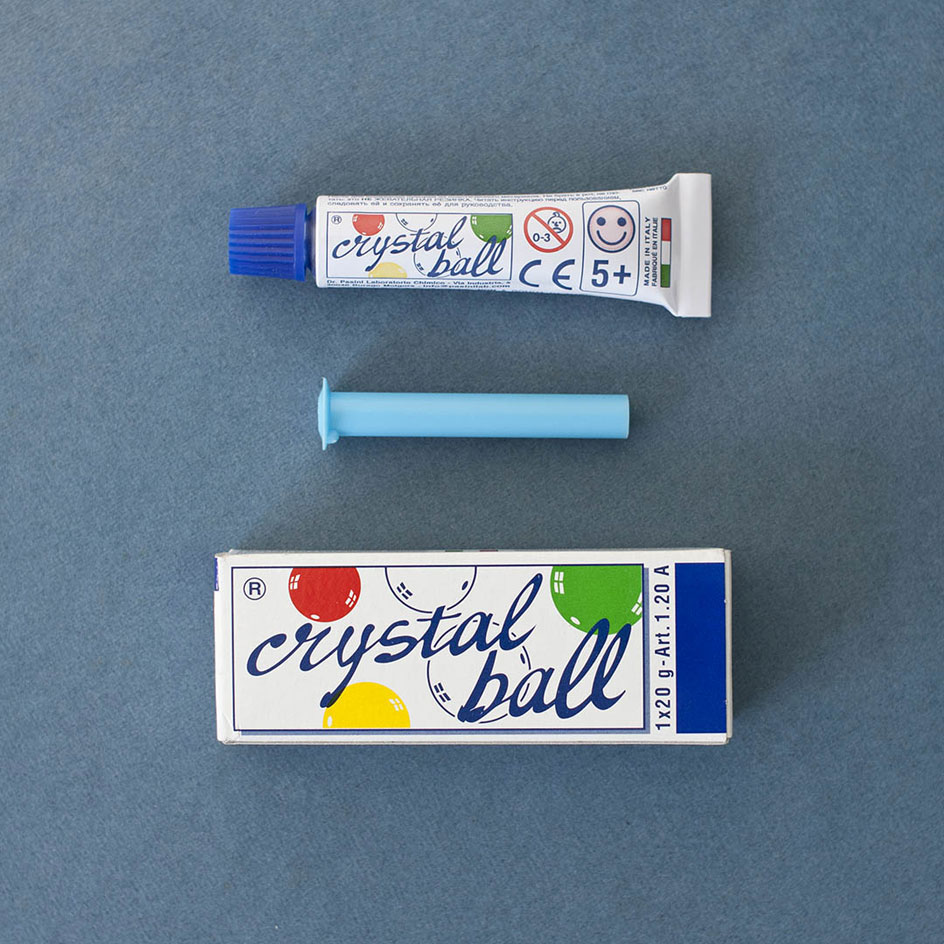
A childhood staple popular in the 1980s, Crystal Ball's colourful, unbreakable bubbles were launched in 1947 and exemplify the mix of ingenuity and innovation that permeates most of the Fatto-Bene collection.
Receive our daily digest of inspiration, escapism and design stories from around the world direct to your inbox.
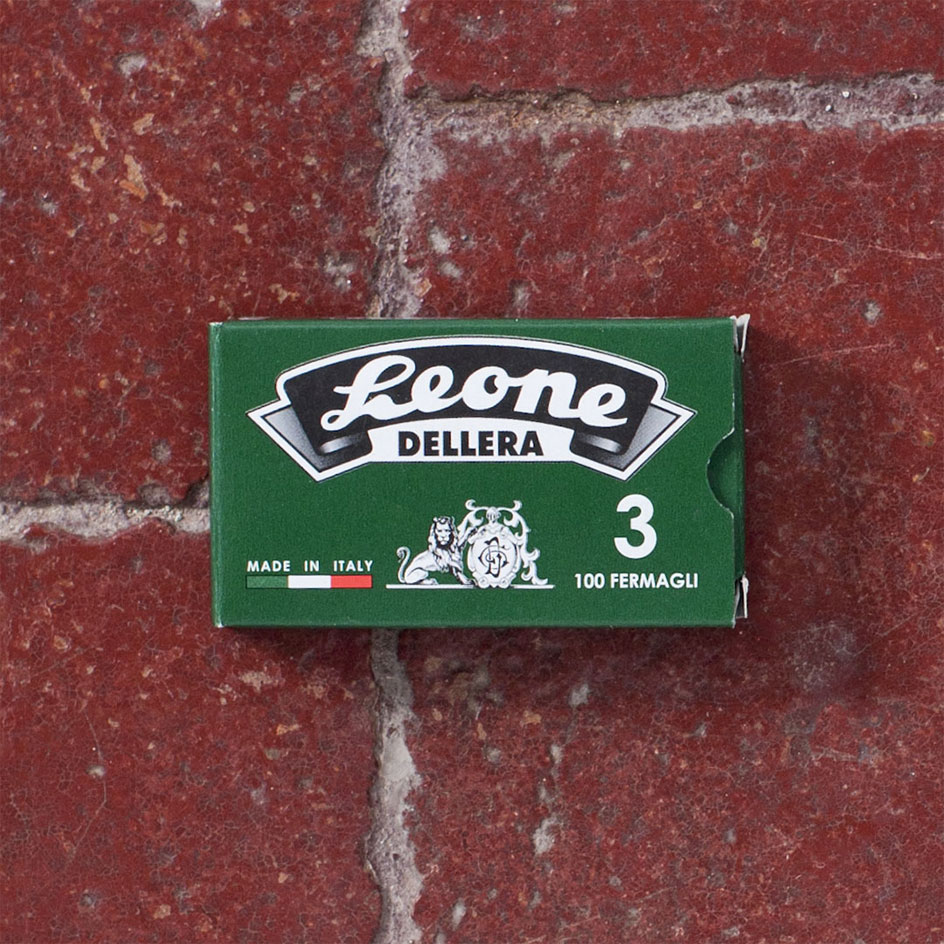
The zinc-plated Leone paperclips were produced for the first time in 1850, becoming a symbol of Italian industry and productivity.
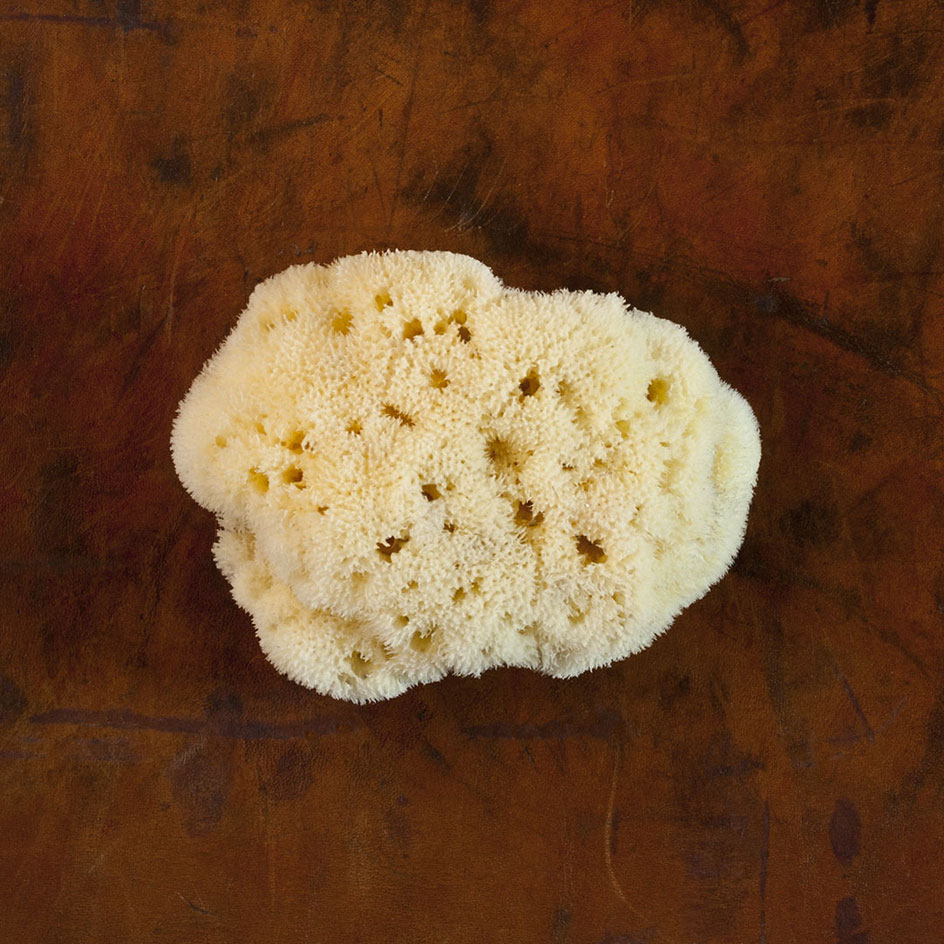
Rosenfeld natural sponges have been sold in Trieste since 1896 and are still sourced today from the Carribean and Atlantic.
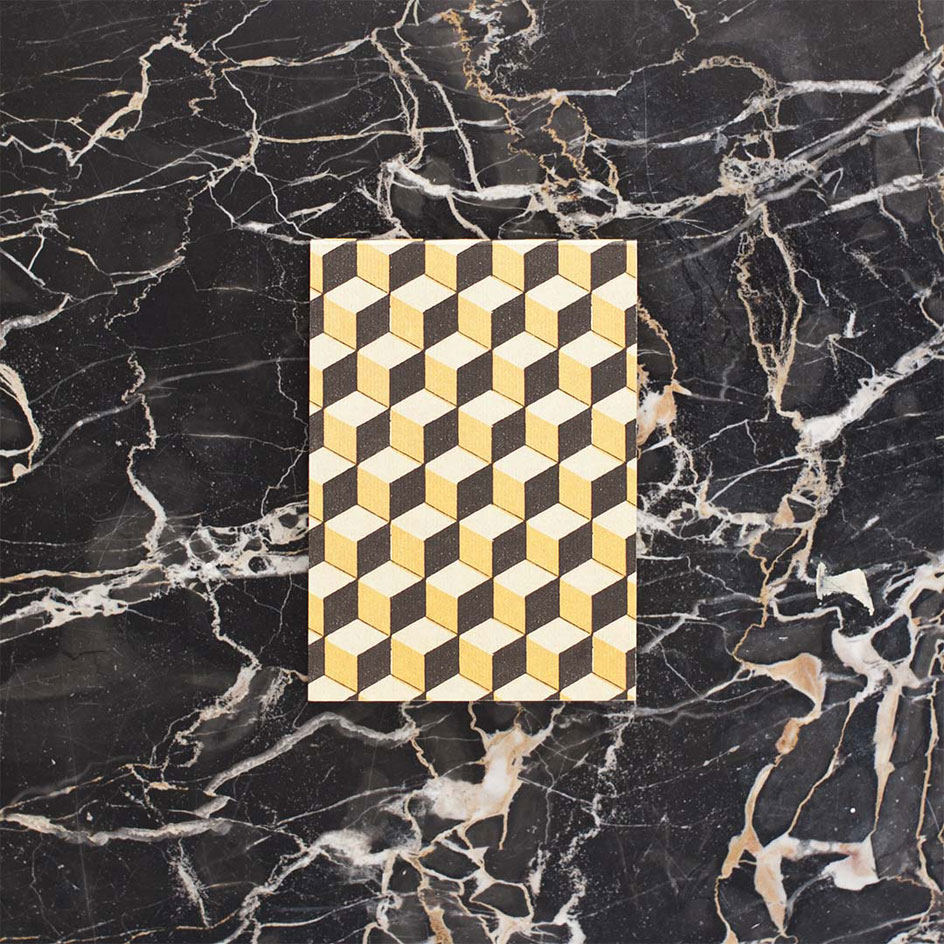
To pay tribute to the objects, the duo behind Fatto-Bene enlisted Milan-based studio Actant Visuelle, whose clean-cut design and stunning imagery has given a contemporary dimension to the collection. Pictured: the Tassotti notebooks are a worldwide favourite.
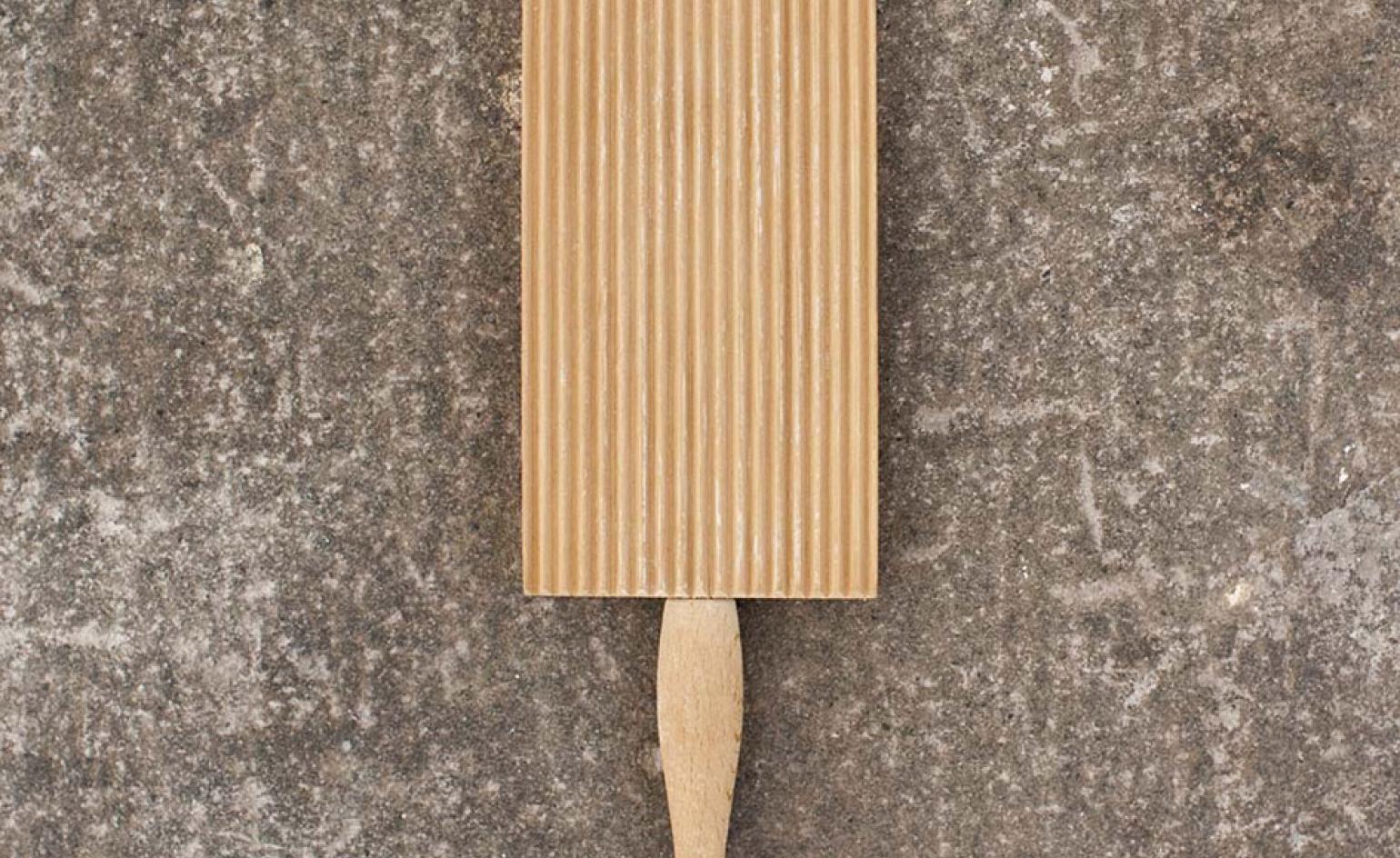
Many traditional manufacturers have hit hard times due to the recent financial crisis, something Fatto-Bene looks to remedy. ‘We want to create a new awareness of our material culture: these items owe their longevity to their quality, which is outstanding,’ say Lagorio and Carnevali. An example is this traditional gnocchi board – the origins of which are unknown, though it is used widely across Italy.
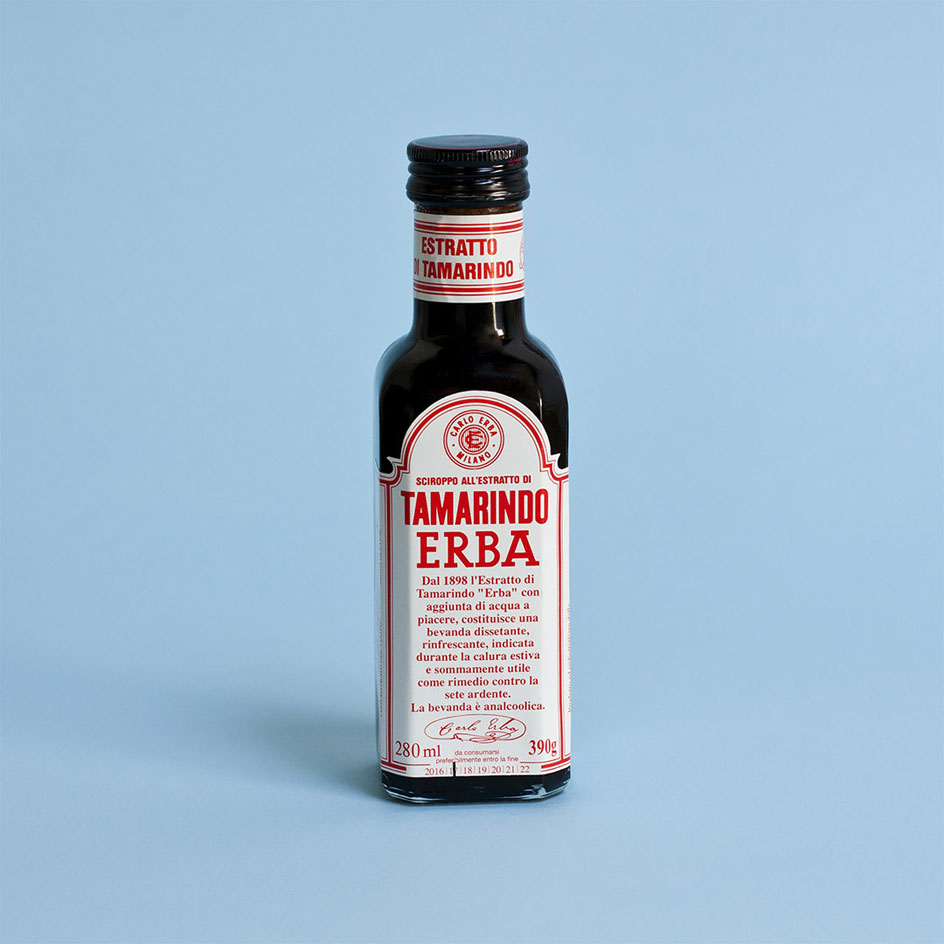
In 1837, Carlo Erba, a visionary pharmacist, bought a store in Milan's Brera district and began to create new medicianl mixtures using innovative techniques. One of them was this tamarind extract, Tamarindo Erba.
INFORMATION
For more information, visit Fatto-Bene’s website
Rosa Bertoli was born in Udine, Italy, and now lives in London. Since 2014, she has been the Design Editor of Wallpaper*, where she oversees design content for the print and online editions, as well as special editorial projects. Through her role at Wallpaper*, she has written extensively about all areas of design. Rosa has been speaker and moderator for various design talks and conferences including London Craft Week, Maison & Objet, The Italian Cultural Institute (London), Clippings, Zaha Hadid Design, Kartell and Frieze Art Fair. Rosa has been on judging panels for the Chart Architecture Award, the Dutch Design Awards and the DesignGuild Marks. She has written for numerous English and Italian language publications, and worked as a content and communication consultant for fashion and design brands.
-
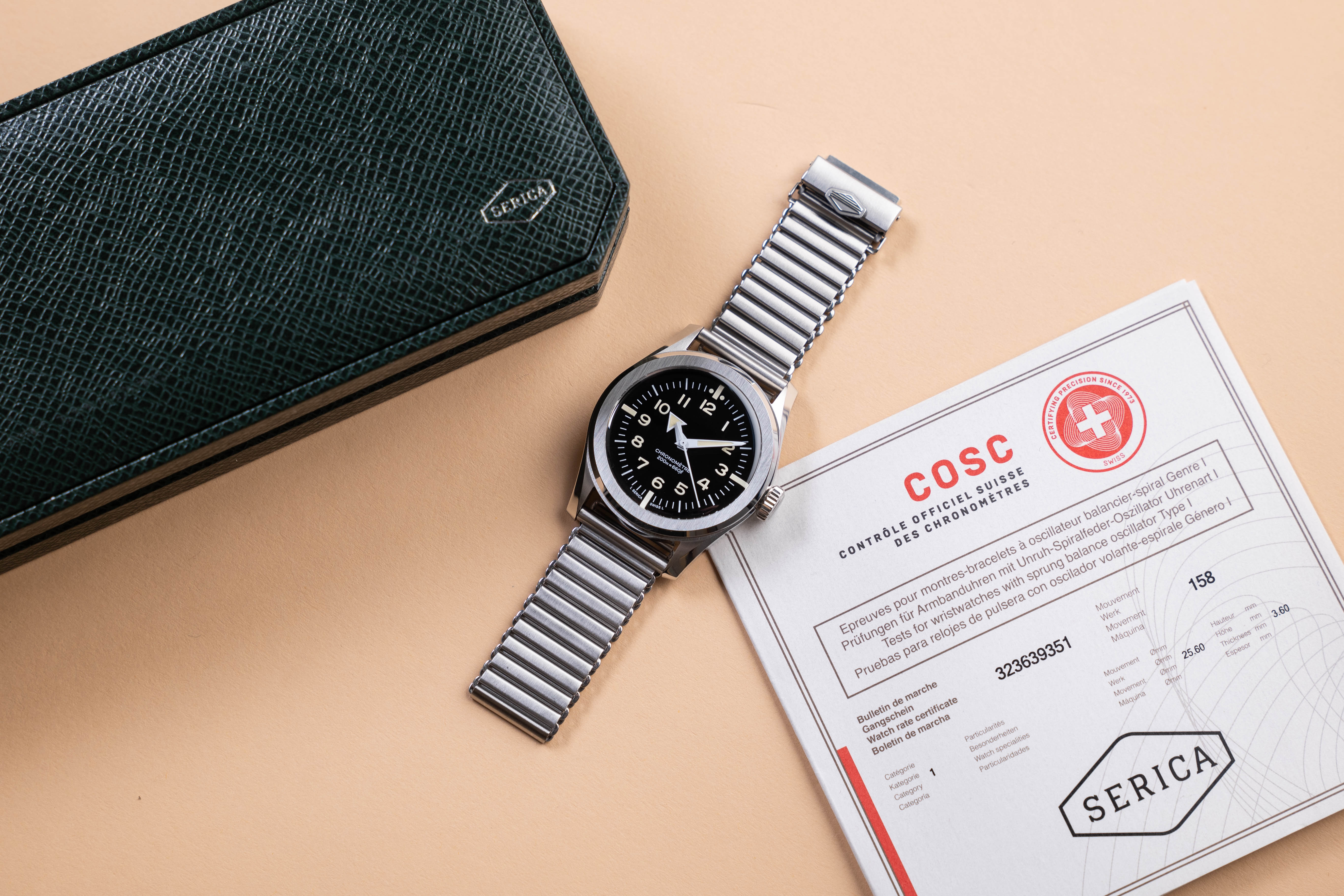 Click to buy: how will we buy watches in 2026?
Click to buy: how will we buy watches in 2026?Time was when a watch was bought only in a shop - the trying on was all part of the 'white glove' sales experience. But can the watch industry really put off the digital world any longer?
-
 Don't miss these art exhibitions to see in January
Don't miss these art exhibitions to see in JanuaryStart the year with an inspiring dose of culture - here are the best things to see in January
-
 Unmissable fashion exhibitions to add to your calendar in 2026
Unmissable fashion exhibitions to add to your calendar in 2026From a trip back to the 1990s at Tate Britain to retrospectives on Schiaparelli, Madame Grès and Vivienne Westwood, 2026 looks set to continue the renaissance of the fashion exhibition
-
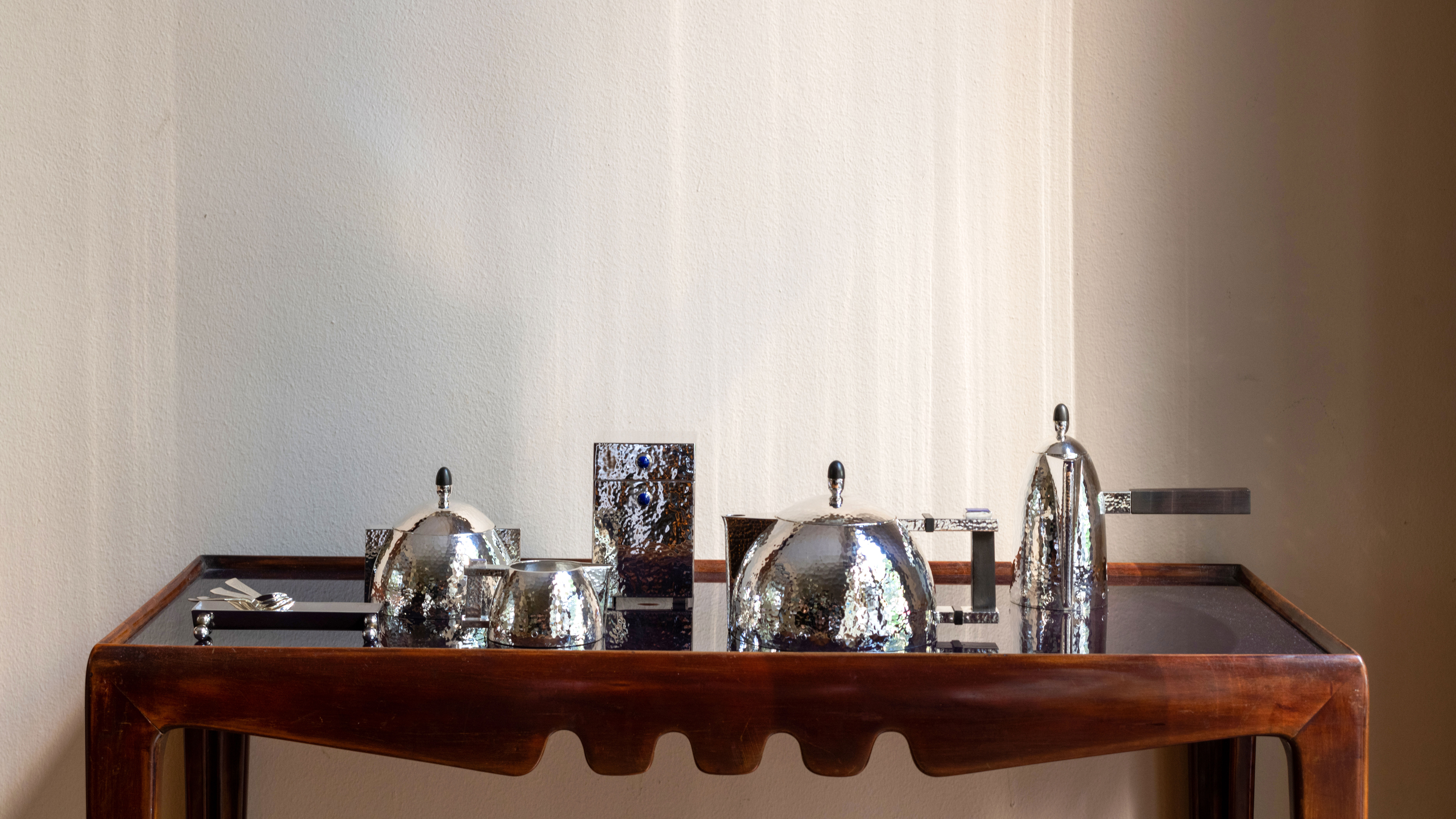 Abask, a new curated shopping website, highlights handmade design
Abask, a new curated shopping website, highlights handmade designAbask presents a curated online design shopping experience, thanks to a team of antique enthusiasts, craftspeople and designers
-
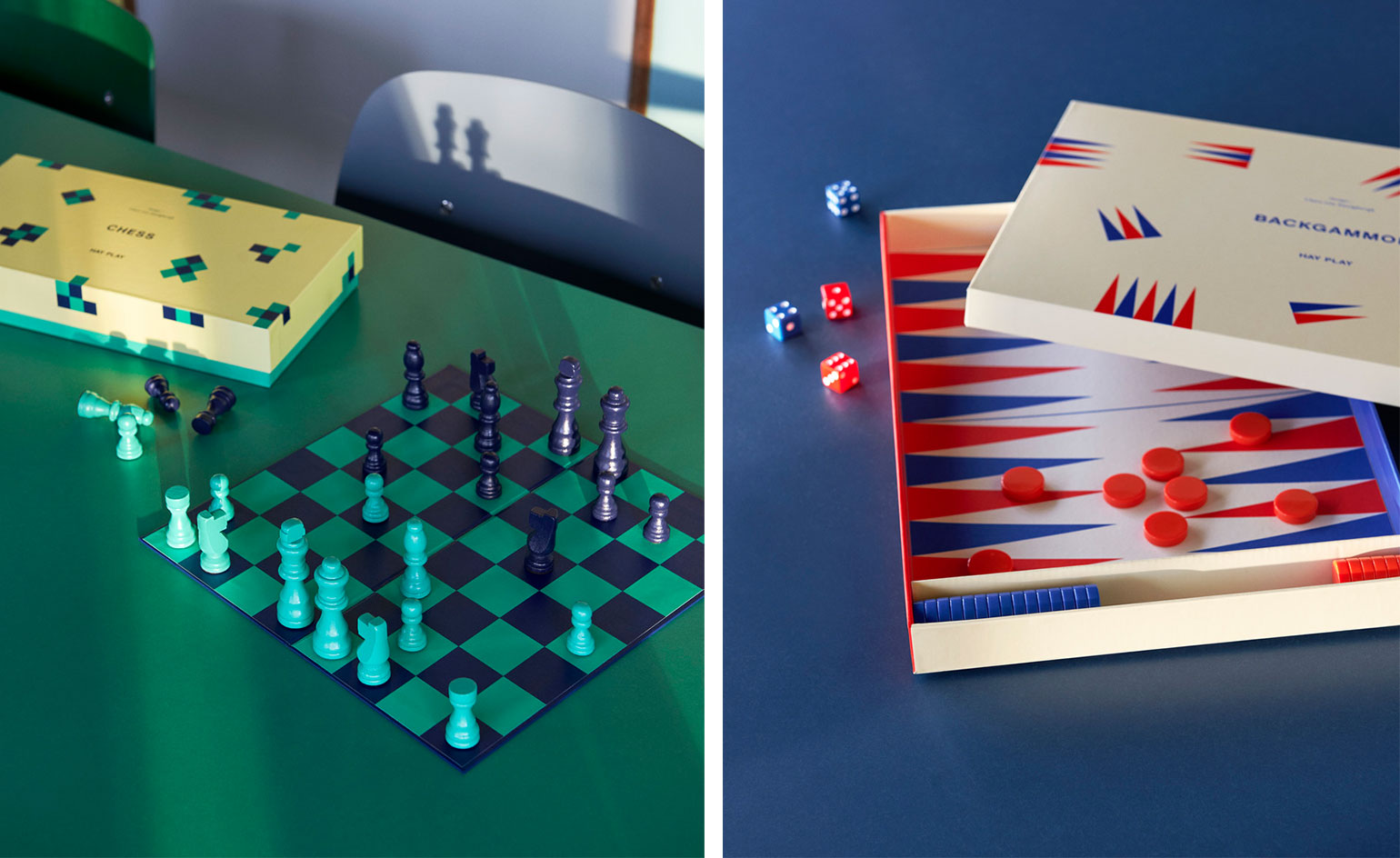 Hay Play reinterprets classic table games
Hay Play reinterprets classic table gamesNewly-launched Hay Play takes the Danish brand’s sleek design and colourful attitude to popular table games, from backgammon to chess and yatzy
-
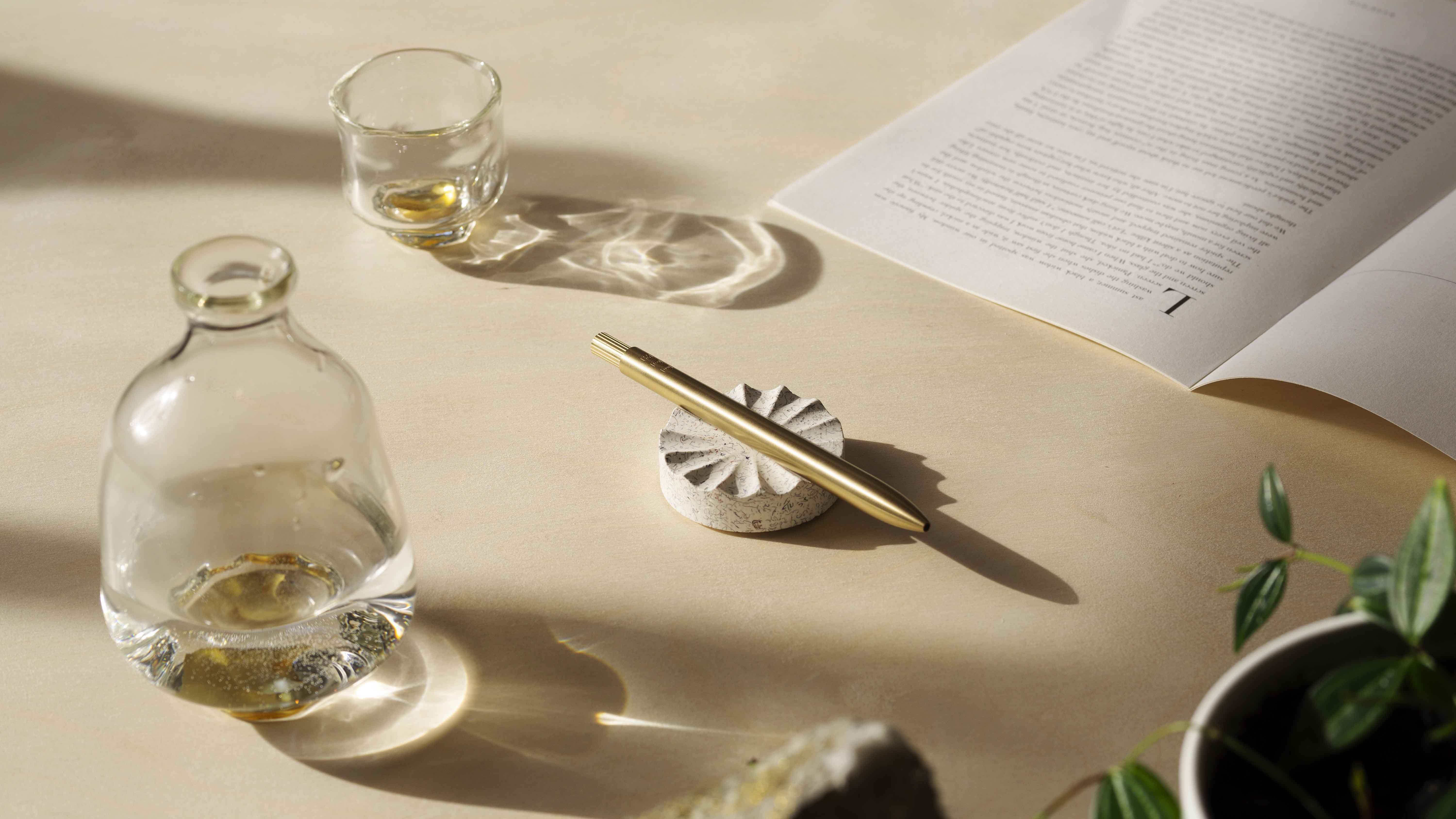 Reclaimed materials transformed into terrazzo by Ajoto and Olivia Aspinall
Reclaimed materials transformed into terrazzo by Ajoto and Olivia AspinallWe take a look at how British writing instruments brand Ajoto uses the waste from its pen manufacturing process to create a minimal pen rest, in collaboration with artisan Olivia Aspinall
-
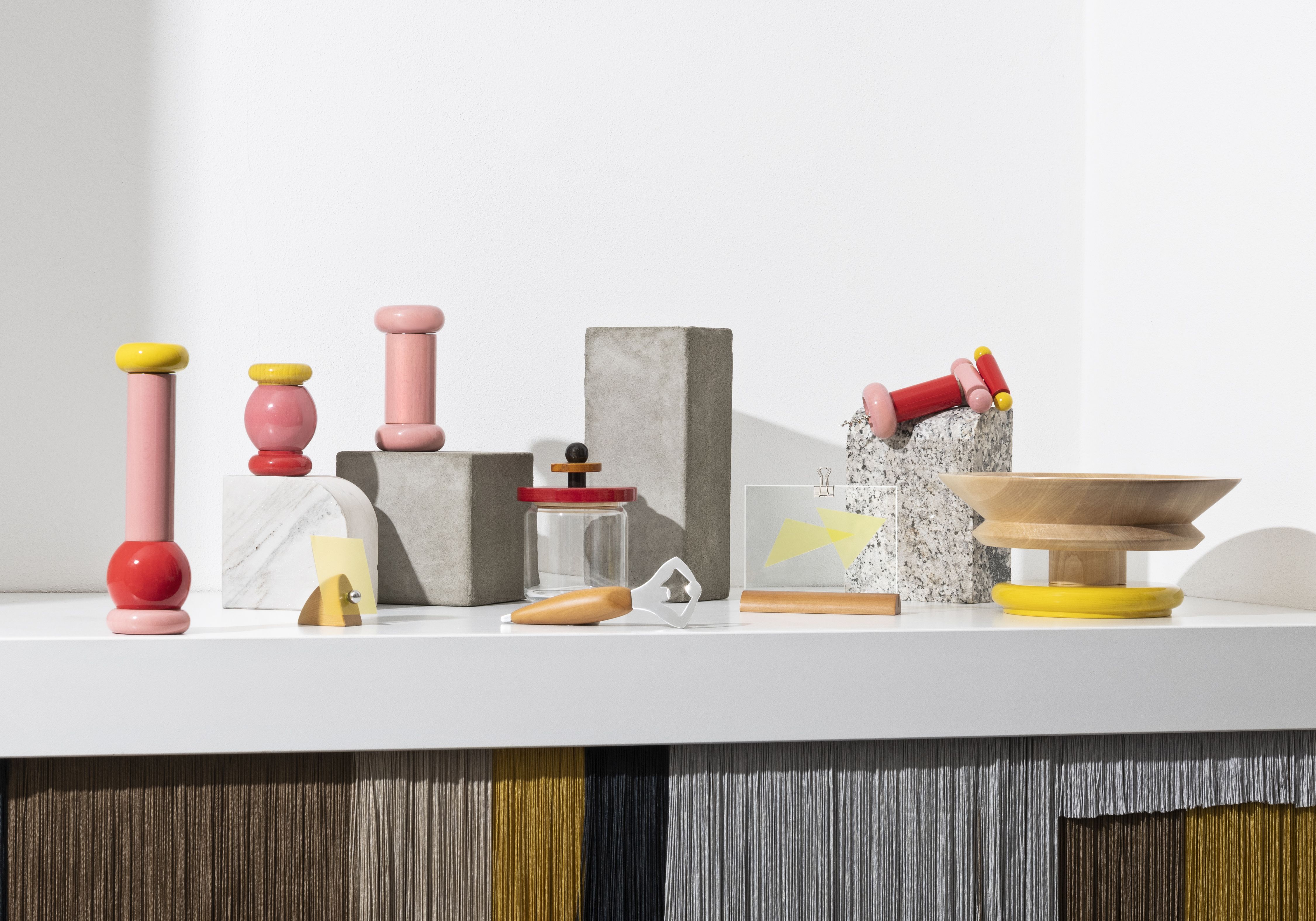 Alessi’s centenary collection celebrates design masters from Sottsass to Castiglioni
Alessi’s centenary collection celebrates design masters from Sottsass to CastiglioniThroughout the year, Alessi has been launching new collections celebrating 100 years of design excellence and creativity, with special editions of iconic pieces by Ettore Sottsass, Achille Castiglioni, Philippe Starck and more. We speak to Alberto Alessi to discover his company's story of design
-
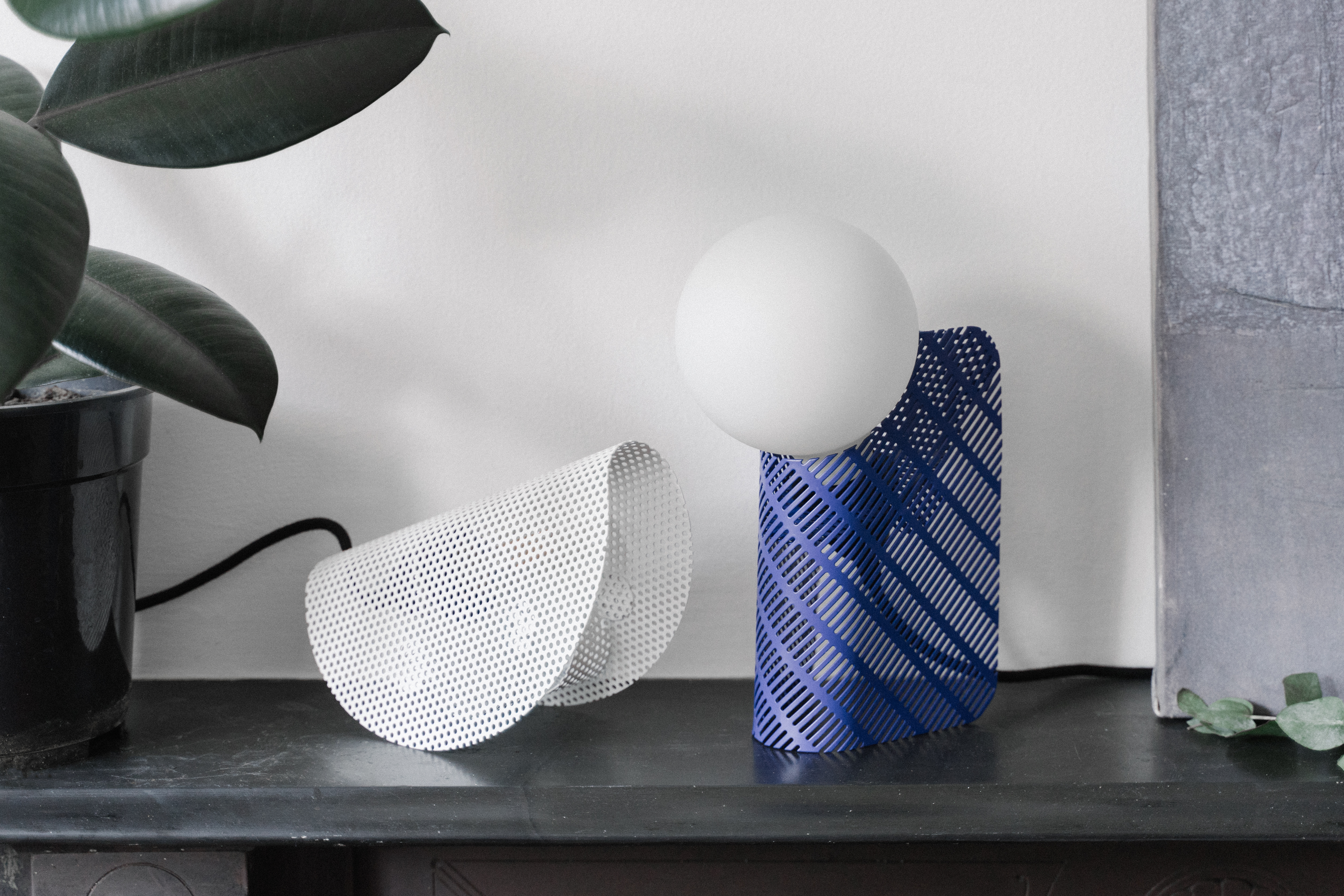 GoodWaste explores design through material leftovers
GoodWaste explores design through material leftoversLaunching its collection as part of Selfridges' Bright New Things, the London-based collective proposes a new model for circular, super local design manufacturing
-
 Raawii enlists ceramic artist Alev Siesbye for a multi-chromatic collection
Raawii enlists ceramic artist Alev Siesbye for a multi-chromatic collectionThe collection by Turkish artist Alev Siesbye for Danish brand Raawii includes cups, boxes and vases in multicoloured hues
-
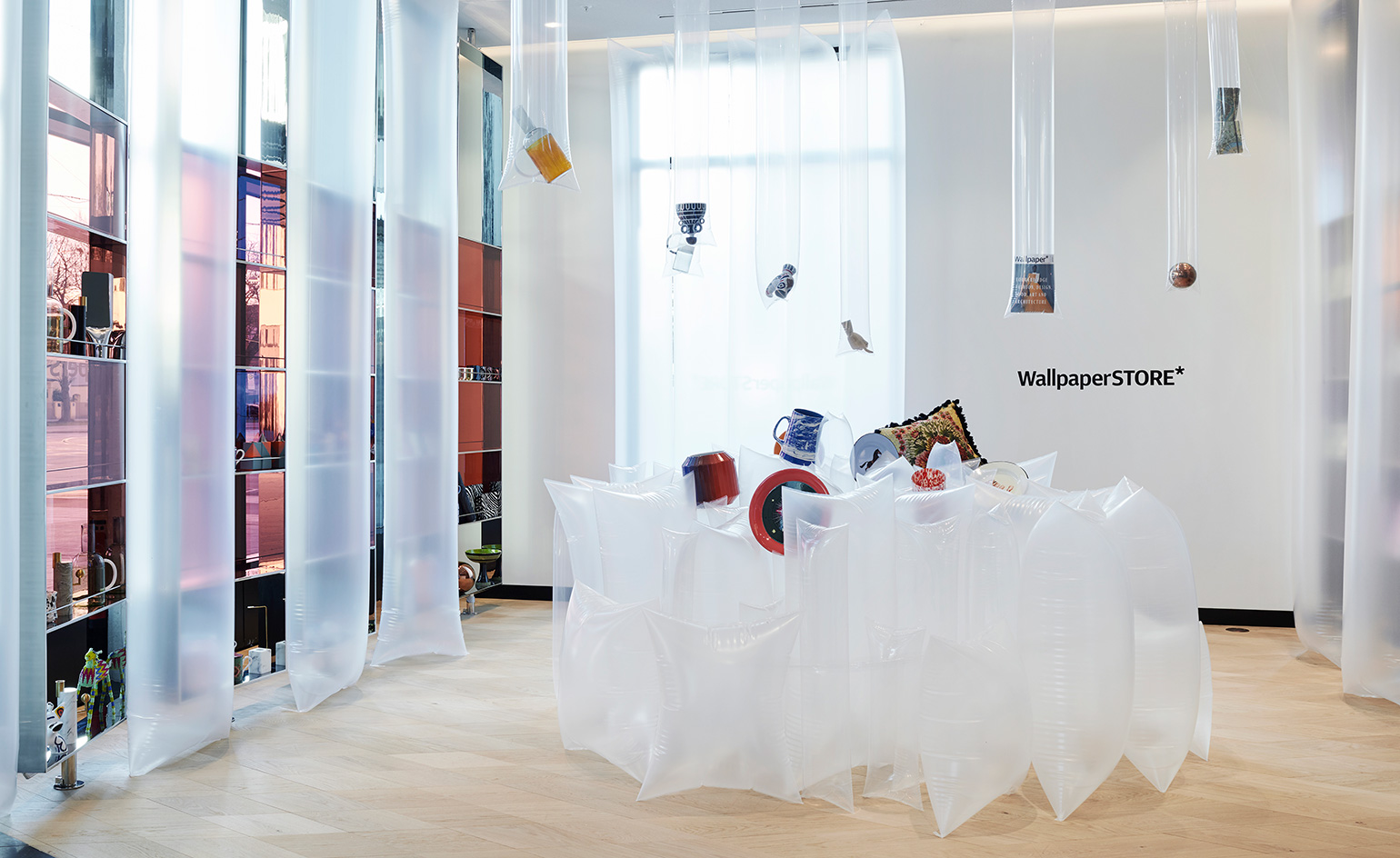 WallpaperSTORE* pop-ups and concept stores from around the globe
WallpaperSTORE* pop-ups and concept stores from around the globe -
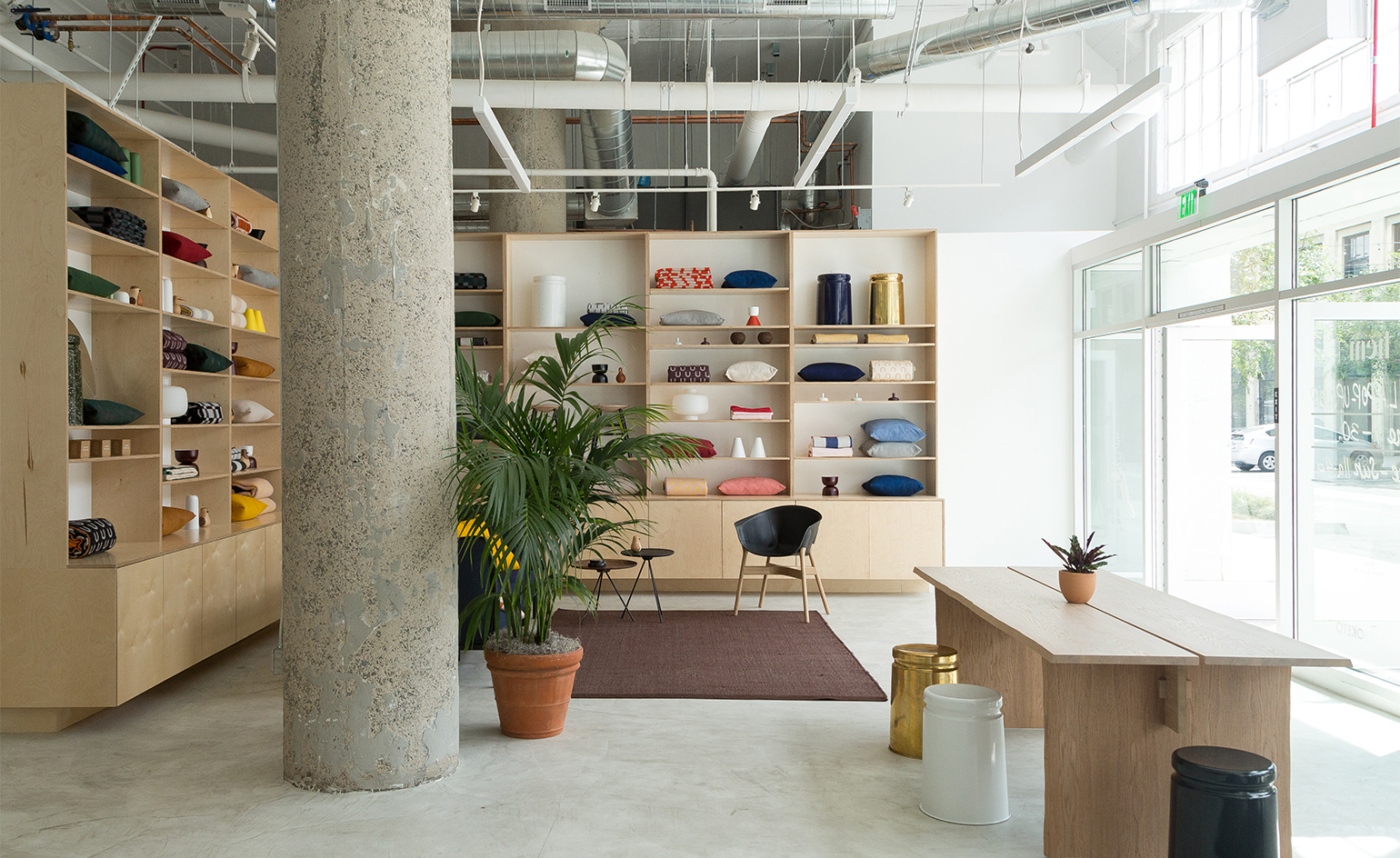 A Swedish design pop-up store opens inside a concrete space in LA
A Swedish design pop-up store opens inside a concrete space in LA